The clock has struck 9:15 am and Rehana Begum Laskar gets busy sterilising equipments and cleaning the Operation Theatre. Within minutes, patients will start walking in and she would get occupied till 3-4 pm, assisting doctor, attending patients and counselling women on pregnancy care and family planning services. This has remained her schedule for the last 27 years – a span that has witnessed her progression from a young girl to a homemaker and to a mother of two. But one thing that has remained constant is her gritty resolve to go to hospital daily, come what may, and enlighten her community, especially women, with healthcare awareness.
Recently her work has found a special focus on IUCD as a safe, reversible method in spacing and she has now developed special expertise in conducting IUCD insertions.
Meet 47-year-old Rehana Begum Laskar, an Auxiliary Nurse & Midwife (ANM) working at Hailakandi Civil Hospital in Assam. Born in a farmer’s family at Bashbari village, Hailakandi, she grew up seeing young women dying because of paucity of information on family planning. Her conservative family background and financial constraints didn’t deter a young Rehana from completing her high school and joining Bashbari Sub Centre under Algapur Primary Health Centre (PHC) as an ANM in 1988. Later, she joined Hailakandi Civil Hospital in 1990. Marriage, pregnancies or husband’s illness – nothing daunted her from her services.
“I realised that women had little or no information on family planning as every year I would see the same women turning up for deliveries at Hailakandi Civil Hospital,” says Rehana.
She started encouraging women to avail healthcare services before, during and after their pregnancies. “Also, I started counselling women on contraception and motivating them to make an informed choice, not a forced one,” she adds.
A training session on No Touch Technique of IUCD (Intra Uterine Contraceptive Device) Insertions and Infection Prevention, organised by Hindustan Latex Family Planning Promotion Trust (HLFPPT) – a not-for-profit organisation working on Reproductive and Child Healthcare – for Hailakandi Hospital staff in 2013, proved to be a game-changer for Rehana. For it has brought the spotlight on IUCD as a safer alternative to contraception for women who were either forced to undergo sterilisations in the name of family planning or largely remain deprived of choices.
“HLFPPT’s training, using Zoe Model and audio/visual content, has significantly improved my performance. Before training, I was performing 4-5 IUCD insertions per month, which has now increased to nearly 14. Since May 2013, I have done 356 IUCD insertions,” claims Rehana.
The training was part of HLFPPT’s flagship programme, “Capacity Building of Health Service Providers (HSPs) on IUCD and Pregnancy Test Card”, which aims to provide skill-based training on IUCD insertions to ANMs, LHVs (Lady Health Workers), nurses and medical officers posted at Sub Centres, Primary Health Centres (PHCs) and Community Health Centre (CHCs).
Rehana is among the 22,000+ HSPs who have benefitted from this unique training programme that is ensuring greater quality and service delivery of IUCD insertions at grassroots level.
Launched in 2012 under the guidance of the central government’s National Rural Health Mission (NRHM), the programme has made progressive expansions across 11 states in the last three years. As many as 2.4 lakh IUCD insertions have been reported and 22,649 HSPs have been trained under the programme till 4th July 2015. The idea is to contribute to India’s commitment for FP 2020 of training 200,000 health workers on providing IUCDs.
“Client satisfaction has increased manifold with lesser number of infections or complications,” claims Rehana. “We now offer better counselling to women, conduct client follow-ups and maintain records. Moreover, I am now able to guide younger ANMs better,” she adds.
“I see this as a silent transition that is placing the reign of contraceptive choice back to the hands of women. It’s liberating to offer women an alternative like IUCD that doesn’t put their lives at risk in the name of family planning and I feel proud to be a change agent. Giving women access to family planning information and contraceptives can change lives!” she says with utmost humility.
- 8639 reads



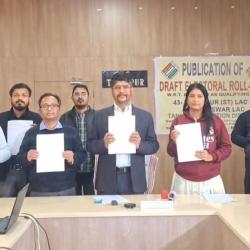
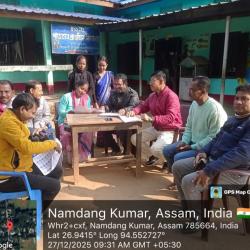
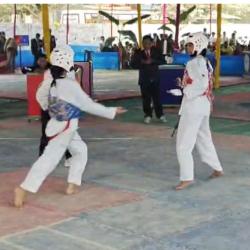
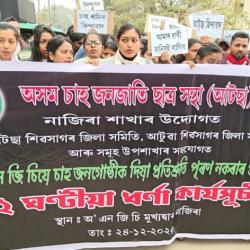
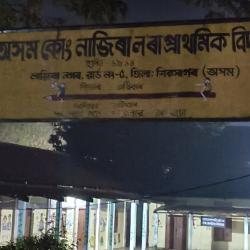
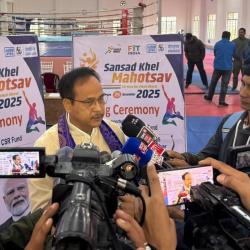

Add new comment